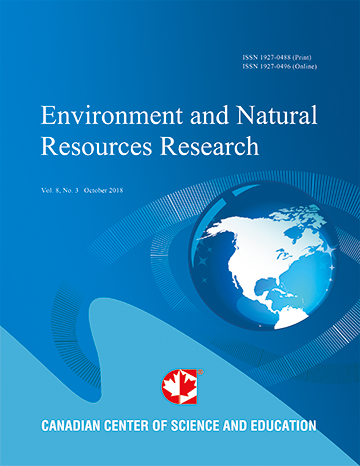Study on Changes of Textural and Biochemical Properties of Tuna during Ultra-Low Temperature Storage
- Yu-ying PAN
- Xiao-hua QIU
- Jin-sheng YANG
Abstract
The effect of TPA and biochemical properties of Yellow Tuna during frozen storage at different temperatures(-18°C, -25°C, -35°C, -45°C, -55°C, -65°C) were studied by measuring the textural characteristics (the hardness, Springiness) salt-solubility of myofibrillar proteins, Ca2+ATPase activities. The results indicated that the hardness, springiness, actomyosin salt-solubility, Ca2+ATPase activities decreased during the process of frozen storage. Meanwhile, the frozen stored temperature showed great effect on the freezing denaturation of protein (P < 0.05). For the same longer of the storage time, the lower frozen temperature, the less extent of freeze denaturation; Stored in -18°C for three months, the content of Salt soluble protein reduced to zero; Stored in -25°C for 120 days, the content of salt soluble protein also reduced to zero; But stored in -55°C and -65°C, the change is very little. Ca2+ATPase activities also reduced to zero after stored in -18°C and -25°C for three months. But stored in -55°C and -65°C, there is no obvious change. Moreover, there is a Positive relationship between the change of texture profile and the content of Salt soluble protein, the lower the storage temperature, the less of the change of texture profile. Therefore, when it is stored in -55°C, the quality of Yellow Tuna can be maintained to the maximum extent within six months.
- Full Text:
 PDF
PDF
- DOI:10.5539/enrr.v6n2p51
Journal Metrics
Google-based Impact Factor (2016): 6.22
h-index (November 2017): 12
i10-index (November 2017): 19
h5-index (November 2017): 11
h5-median (November 2017): 12
Index
Contact
- Emily LinEditorial Assistant
- enrr@ccsenet.org
